接続
文の普通体+(だ)とされている
意味
据说…
人们认为…
被视为…
被看成…
解説
社会常識、一般常識、学問的な理論・定説、習慣などを客観的に述べるときに用います。
論文やニュースなどで多く用いられます。
例文
(1) 鳩は世界的に愛と平和の象徴とされている。
鸽子在世界上被认为是爱和和平的象征。
Doves are globally regarded as symbols of love and peace.
(2) 自国で正しいとされている事は、他国では正しくないことがある。
在自己国家被认为是正确的事情,在其他国家有时是不正确的。
What is considered right in one’s own country may not be considered right in other countries.
(3) オランダでは大麻が合法とされている。
在荷兰大麻是合法的。
Marijuana is considered legal in the Netherlands.
(4) 猫の好物は、日本では魚とされ、イタリアではパスタとされ、インドではカレーとされている。
猫爱吃的东西:在日本是鱼,在意大利是意大利面,在印度是咖喱。
Cats are said to prefer fish in Japan, pasta in Italy, and curry in India.
(5) 世界的に13日の金曜日は不吉な日とされている。
世界上13日的星期五被认为是不吉利的一天。
Friday the 13th is considered an unlucky day worldwide.
(6) 日本では、お辞儀は礼儀とされている。
在日本,鞠躬是一种礼仪。
Bowing is considered a form of etiquette in Japan.
(7) 頭を北に向けて寝る「北枕」は縁起が悪いとされている。
头朝北睡的“北枕”被认为是不吉利的。
Sleeping with your head pointing north, known as “north pillow,” is considered bad luck.
(8) 毎日前日の内容を復習することが記憶するのに最も効率が良いとされている。
每天复习前一天的内容是记忆效率最高的。
Reviewing the content of the previous day every day is considered the most efficient way to remember things.
備考
特になし
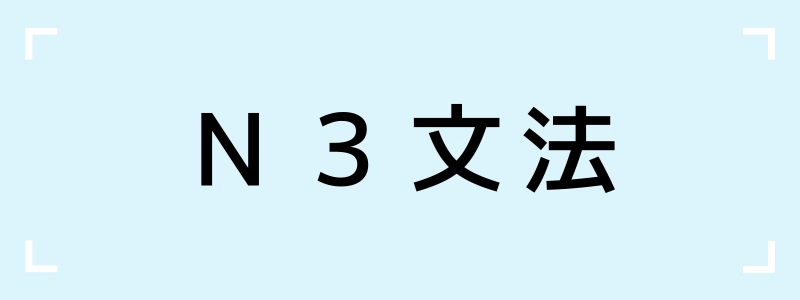
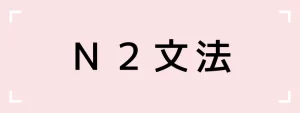
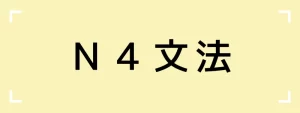
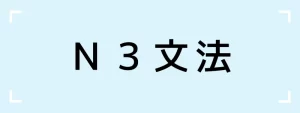
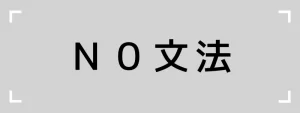
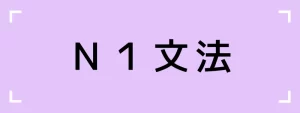
コメント